Post
A catch
Save a catch to start your fishing logbook. You will be able to to share it with the community if yo want!
A fishing trip
Post an ad to go fishing with other fishermen
Save a catch to start your fishing logbook. You will be able to to share it with the community if yo want!
Post an ad to go fishing with other fishermen
Share a thought, a question with the community
My favorite cities
×Join our 482 fishermen in South-Cockerington in Lincolnshire. The fishing forecast is currently 3.3. The most caught fishes here are the garfish, the mackerel fish, the wrasse fish and the pouting fish. Come try the most famous fishing techniques like the deep-sea fishing, plug fishing for roach, bass trolling or fly fishing for trout.
Our fishing forecast of South Cockerington indicates the best time to go fishing in this city.
The Garfish
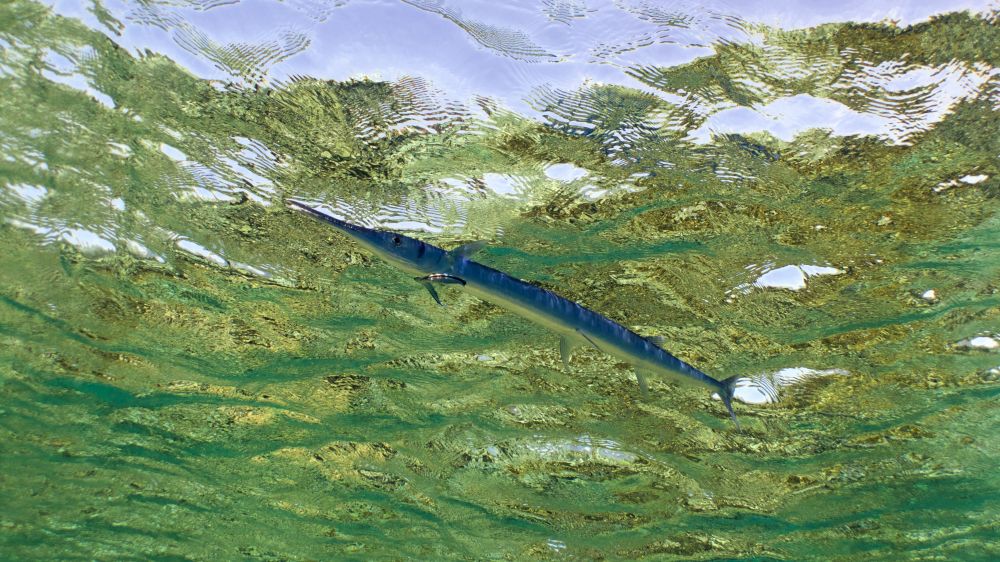
The Garfish belongs the Belonidae family. It measures from 30 cm to more than one meter and can weigh up to 5 kg, the average weight being around 400 g. It has a lifespan of about 10 years. It breeds from Mai to June. The female lays thousands of eggs. The Garfish is a fish with a very tapered body of oval cross-section. The head extends into a long beak formed by two thin jaws armed with sharp teeth. The lower jaw is slightly longer than the upper jaw. The nostrils are located in a depression in front of the eyes. The ventral fins are located approximately in the middle of the body, the caudal fin is very indented, the dorsal and anal fins are very far back, at the same level. The back of the dorsal fin is the same height as the back of the anal fin. The caudal peduncle has a strong hull. The very low lateral line is on the belly and not on the sides like other fish. The back is a dark blue-green, the sides are silvery, the belly white, the edges green.
The Garfish is a famous fish you can catch in South Cockerington.The Mackerel fish
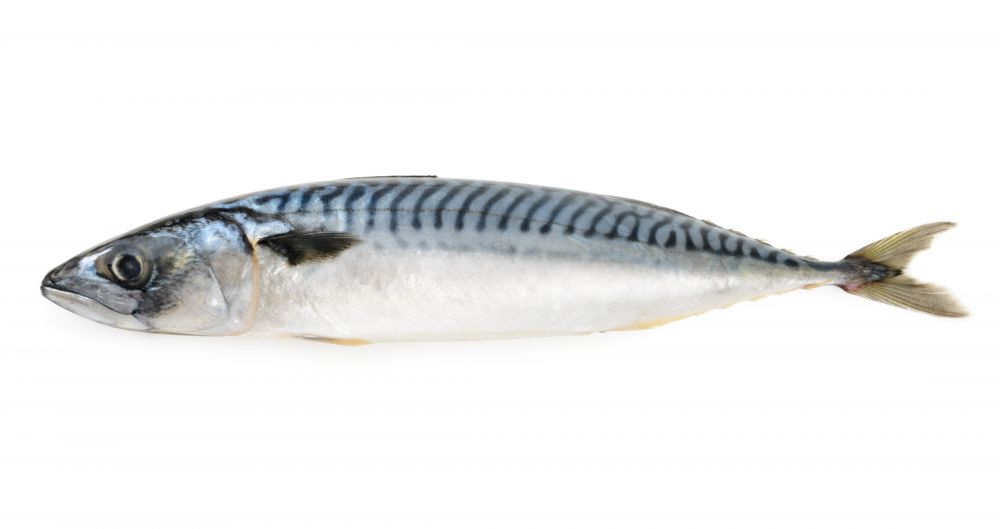
The Mackerel fish belongs to the Scombridae family. The average size of adult mackerel is 30 to 40 cm and its weight ranges from 500 g to exceptionally 1.5 kg. It can live up to 17 years. It reproduces from March to September. The female can lay 450000 eggs. It can be fished all year round. The streamlined body and pointed head of the mackerel, give it an excellent swimming quality (up to 10 km/h). The characteristic feature of mackerel is its blue-green back zebra with more or less oblique and parallel dark lines, while the sides and belly are silvery white. There are 23 to 33 dark chevrons depending on the individual and include the forehead between the two eyes. The fins of mackerel are grey. It has two widely spaced dorsal fins, the first being characterized by 10 to 13 thorny rays. In addition, it also has two pectoral fins (dark based), two ventral, one anal and one caudal. The caudal is preceded by 5 small feathered fins on the dorsal and ventral sides called pinnules. The tail is very indented.
The Mackerel fish is a famous fish you can catch in South Cockerington.The Wrasse fish
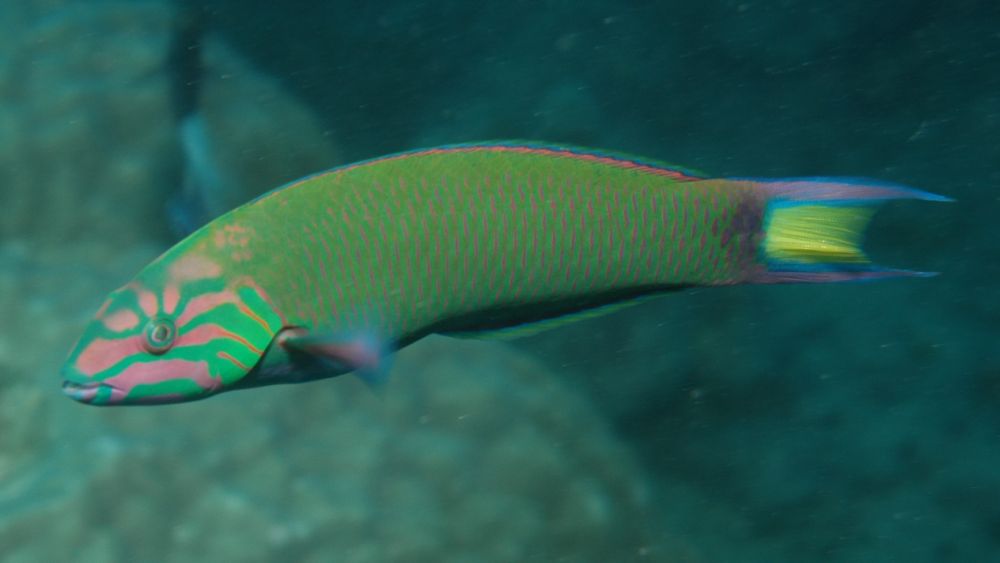
The Wrasse fish belongs to the Labridae family. Labridaes are marine fish, the Wrasse of the Labridae family, in the order of Perciformes. The family is large and diverse, with about 500 species of fish generally very colourful, grouped into 60 genera. The large number of species of wrasse offers an incredible diversity of colors, shapes and sizes with possible geographical variations between some individuals of the same species. In addition, like parrot fish, many livers evolve over the course of their lives according to their maturity and their position within the group. These evolutions can be considered in different phases (juvenile, intermediate or initial and terminal) at each of them, morphological modifications (size, shape and color) take place. All these variations in livery during the existence of a wrasse make it particularly difficult to identify between species, the risk of confusion is great and this even for specialists. During the juvenile phase, the dominant colors can vary from bright yellow to orange, as well as dull colors such as grey and brown with camouflage patterns. In the intermediate or initial phase, the wrasse is both male and female, adult but subordinate to the dominant individuals and therefore smaller with dull colors and cryptic patterns. However, in the terminal phase, depending on the species, fish can change sex, size and livery. The latter becomes a distinctive visual element within the group and is very colorful with red, yellow, gree
The Wrasse fish is a famous fish you can catch in South Cockerington.The Pouting fish
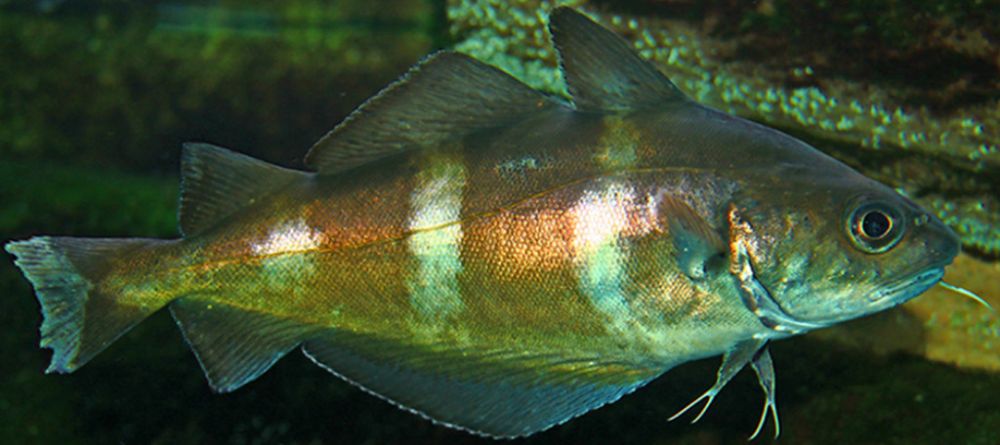
The Pouting fish belongs to the Gadidae Family. Its longevity is short: 4 years for a maximum size of 45 cm and a weight of about 1kg. Breeding takes place in March-April and is fished all year round. This small fish, generally 20/30 cm, rarely 45 cm, has an oval body, flattened laterally. Beige/pinkish white, slightly coppery, it can, especially when it is close to a poorly lit area (cave, wreck), have four to five wide dark vertical stripes. These bands may be absent in sunlight or on dead fish. The lower jaw is slightly set back, giving the pouting fish a characteristic profile with a small "nose". The eye is quite large, and a barbell is clearly visible under the "chin". The pouting fish has, like other Gadidae, three dorsal fins and two anal fins. A black spot is clearly visible at the base of the pectoral muscles.
The Pouting fish is a famous fish you can catch in South Cockerington.Black Bream Fish
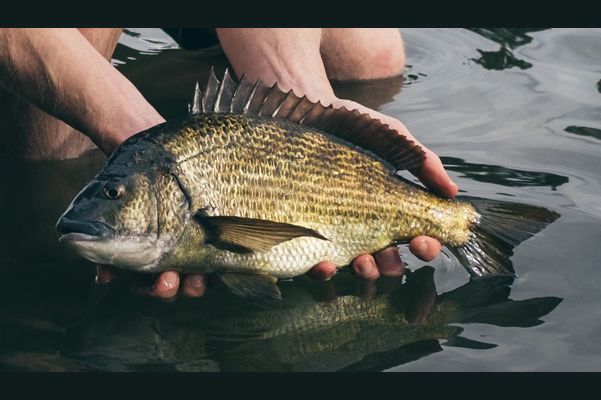
The Black breamfish, also known as Acanthopagrus butcheri, is a Sparidae. In general, its average size is 15 to 35 cm and its weight is 500 g to 2.5 kg. However, some individuals can reach up to 60 cm and 4 kg. The black bream has a lifespan of 27 years. Its spawning period is between August and January. It can have up to 300,000 spawn each season. It is not hard to catch and offer a little resistance. The Black bream has a high body and relatively compressed laterally, with symmetrically curved dorsal and ventral fins. The mouth is of moderate size compared to the body and has six incisors in the front of the lower and upper jaws. The body is covered with large scales that can be cycloid or slightly ctenoid. The head is essentially flake-free, except for the lids. A flake sheath covers the soft ray bases of the dorsal, anal and caudal fins. The Black Bream is silvery, from golden brown or bronze to grey-green on the back as well as on the sides with sometimes greenish reflections, depending on its habitat. The belly is white. The fins are all dark, with black borders. The caudal fin is often dark olive-brown.
Black Bream Fish is a famous fish you can catch in South Cockerington.Our fishing forecast of South Cockerington indicates the best time to go fishing in this city.
Our fishing forecast of South Cockerington indicates the best time to go fishing in this city.
Our fishing forecast of South Cockerington indicates the best time to go fishing in this city.
